Description
An exclusive limited edition photograph of George Harrison of ‘The Beatles’ Rock Band by Photojournalist Arthur Steel.
Arthur recalls: “George and I hit it off the moment we met, we got on famously. I was always very relaxed in his company, as was he in mine. The friendship and warmth between us comes across quite strongly in my portrait.”
✓ Exceptionally rare limited edition photograph.
✓ Direct from the Artist.
✓ Non licensable images.
✓ Printed by Metro Imaging.
✓ Hand signed by Arthur Steel.
✓ Video of Arthur Steel signing your print(s).
✓ Certificate of Authenticity.
✓ Free worldwide delivery.
✓ Tracked & signed for delivery.
✓ Paypal Pro protection.
✓ Secure SSL payment protection.
✓ 14 day money back guarantee.
✓ Excellent customer care and service.
Black & White Film Grain:
Arthur’s photographs were all captured on 35mm film, a fast medium grain film called ‘Kodak Tri-x Pan’ with an ISO speed of 400. It enabled photojournalists at the time to shoot in relatively low light conditions. Nowadays, we are used to grainless images even at an iso of 800 and above. The grain effect adds to the character and charm of the images and dates the pieces accordingly. Arthur’s images cannot to be compared to todays grainless digital technology.
Signed prints Vs. Unsigned prints:
Most artists sign their prints at the bottom right corner of the piece. By signing a print, the artist approves it, and, claims it as his or her own work. Signatures count for a lot on the print market since they add to the artwork’s authenticity. The value of a signed print is higher than the value of an unsigned print, so if you have a choice, it’s always better to acquire signed prints.
Limited editions Vs. Open editions:
As a rule limited edition prints are valued more highly and therefore are priced higher than the readily available open edition prints. Also, limited edition prints are collectible, which is not the case for open edition prints. Due to their scarcity, limited edition prints are prized, and collectors and art lovers will seek to create a collection of the same.
Image unearthed: September 2018.
Camera: Leica 35mm.
Film stock: Kodak Tri-X Pan.
Location: Apple Corps Headquarters, Baker Street, London.
Date: 2nd April, 1969.
Collection: Platinum.
Print Type: Fibre-based Harman Galerie FB Digital.
Printed by: Metro Imaging.
Limited Editions:
All prints are limited editions, no further prints are produced once sold.
60″ prints / edition of 5
50″ prints / edition of 10
40″ prints / edition of 20
30″ prints / edition of 30
20″ prints / edition of 30
12″ prints / edition of 30
Bespoke: All prints are bespoke and printed to order.
Presentation: 12 and 20 inch prints are titled, numbered, signed and carefully enfolded in acid free tissue paper, supplied flat in an acid free 4mm 3-ply box for delivery and storage purposes. The boxes are ideal for gift wrapping. The larger 30, 40, 50 and 60 inch prints are also titled, numbered, signed and carefully enfolded in acid free tissue paper and inserted into a rigid 4mm thick protective cardboard tube for delivery.
Optional Dry Mounting for clients within the UK: Professional Dry Mounting of the larger print sizes can be arranged at no extra cost, the print would then be perfectly flat and ready for framing. However, this makes the overall size bulky and too fragile to send overseas. So, if you reside abroad, it is best that we send a rolled print directly to your chosen framer and you entrust them to carry out the works for you. We recommend that you check that your framer is fully insured as we cannot take responsibility for any damages that may occur during the mounting/framing process.
Delivery: Metro Imaging based in Central London use an experienced shipping service to deliver the boxed and rolled prints. Metro take great care in ensuring the print(s) are very well protected and efficiently delivered anywhere in the UK or overseas. Acid free tissue paper protects prints from scratching/creasing. Metro also offer a vast array of delivery options to suit the recipient’s preference.
Certificate of Authenticity: Each print acquired from The Arthur Steel Archive is accompanied by an individually signed Certificate of Authenticity.
Video of Authenticity: Newly printed bespoke prints are further authenticated by way of a short personalised video. Arthur Steel mentions your name on the recording prior to signing. For example, Arthur will say something like: “I’m signing this print of George Harrison, edition number 2/20 for Mr. Smith in New York.” For your records, the footage is then sent to you via email.
Watermark: Watermarks will not be present on an original print.
Copyright: © Arthur Steel / The Arthur Steel Archive.
George Harrison Quotes:
“All the world is birthday cake, so take a piece but not too much.”
“With our love, we could save the world.”
“Anyway, there is one thing that I have learned and that is not to dress uncomfortably, in styles which hurt: winklepicker shoes that cripple your feet and tight pants that squash your balls. Indian clothes are better.”
Biography:
George Harrison MBE (25 February 1943 – 29 November 2001) was an English guitarist, singer-songwriter, and producer who achieved international fame as the lead guitarist of the Beatles. Often referred to as “the quiet Beatle”, Harrison embraced Indian culture and helped broaden the scope of popular music through his incorporation of Indian instrumentation and Hindu-aligned spirituality in the Beatles’ work. Although the majority of the band’s songs were written by John Lennon and Paul McCartney, most Beatles albums from 1965 onwards contained at least two Harrison compositions. His songs for the group included “Taxman“, “Within You Without You“, “While My Guitar Gently Weeps“, “Here Comes the Sun” and “Something“, the last of which became the Beatles’ second-most covered song.
Harrison’s earliest musical influences included George Formby and Django Reinhardt; Carl Perkins, Chet Atkins and Chuck Berry were subsequent influences. By 1965, he had begun to lead the Beatles into folk rock through his interest in the Byrds and Bob Dylan, and towards Indian classical music through his use of the sitaron “Norwegian Wood (This Bird Has Flown)“. Having initiated the band’s embracing of Transcendental Meditation in 1967, he subsequently developed an association with the Hare Krishna movement. After the band’s break-up in 1970, Harrison released the triple album All Things Must Pass, a critically acclaimed work that produced his most successful hit single, “My Sweet Lord“, and introduced his signature sound as a solo artist, the slide guitar. He also organised the 1971 Concert for Bangladesh with Indian musician Ravi Shankar, a precursor for later benefit concerts such as Live Aid. In his role as a music and film producer, Harrison produced acts signed to the Beatles’ Apple record label before founding Dark Horse Records in 1974 and co-founding HandMade Films in 1978.
Harrison released several best-selling singles and albums as a solo performer. In 1988, he co-founded the platinum-selling supergroup the Traveling Wilburys. A prolific recording artist, he was featured as a guest guitarist on tracks by Badfinger, Ronnie Wood and Billy Preston, and collaborated on songs and music with Dylan, Eric Clapton, Ringo Starr and Tom Petty, among others. Rolling Stone magazine ranked him number 11 in their list of the “100 Greatest Guitarists of All Time”. He is a two-time Rock and Roll Hall of Fame inductee – as a member of the Beatles in 1988, and posthumously for his solo career in 2004.
Harrison’s first marriage, to model Pattie Boyd in 1966, ended in divorce in 1977. The following year he married Olivia Arias, with whom he had a son, Dhani. Harrison died in 2001, aged 58, from lung cancer, two years after surviving a knife attack by an intruder at his Friar Park home. His remains were cremated and the ashes were scattered according to Hindu tradition in a private ceremony in the Ganges and Yamuna rivers in India. He left an estate of almost £100 million.
Apple Corps Ltd (informally known as Apple) is a multi-armed multimedia corporation founded in London in January 1968 by the members of the Beatles to replace their earlier company (Beatles Ltd) and to form a conglomerate. Its name (pronounced “apple core”) is a pun. Its chief division is Apple Records, which was launched in the same year. Other divisions included Apple Electronics, Apple Films, Apple Publishing and Apple Retail, whose most notable venture was the short-lived Apple Boutique, on the corner of Baker Street and Paddington Street in central London. Apple’s headquarters in the late 1960s was at the upper floors of 94 Baker Street, after that at 95 Wigmore Street, and subsequently at 3 Savile Row. The latter address was also known as the Apple Building, which was home to the Apple Studio.
From 1970 to 2007, Apple’s chief executive was former Beatles road manager Neil Aspinall, although he did not officially bear that title until Allen Klein had left the company. The current CEO is Jeff Jones. In 2010, Apple Corps ranked number 2 on the Fast Company magazine’s list of the world’s most innovative companies in the music industry, thanks to the release of The Beatles: Rock Band video game and the remastering of the Beatles’ catalogue.
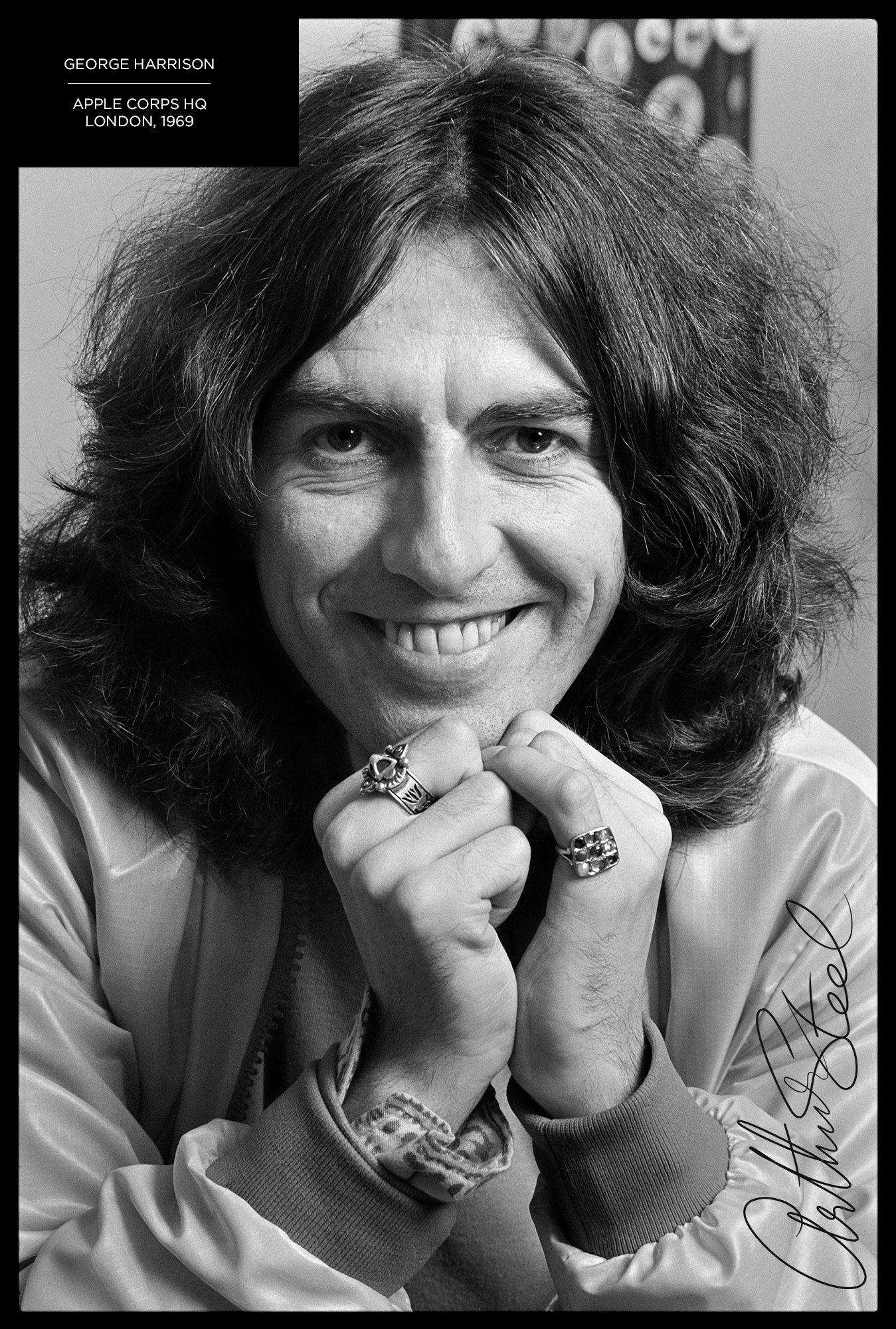
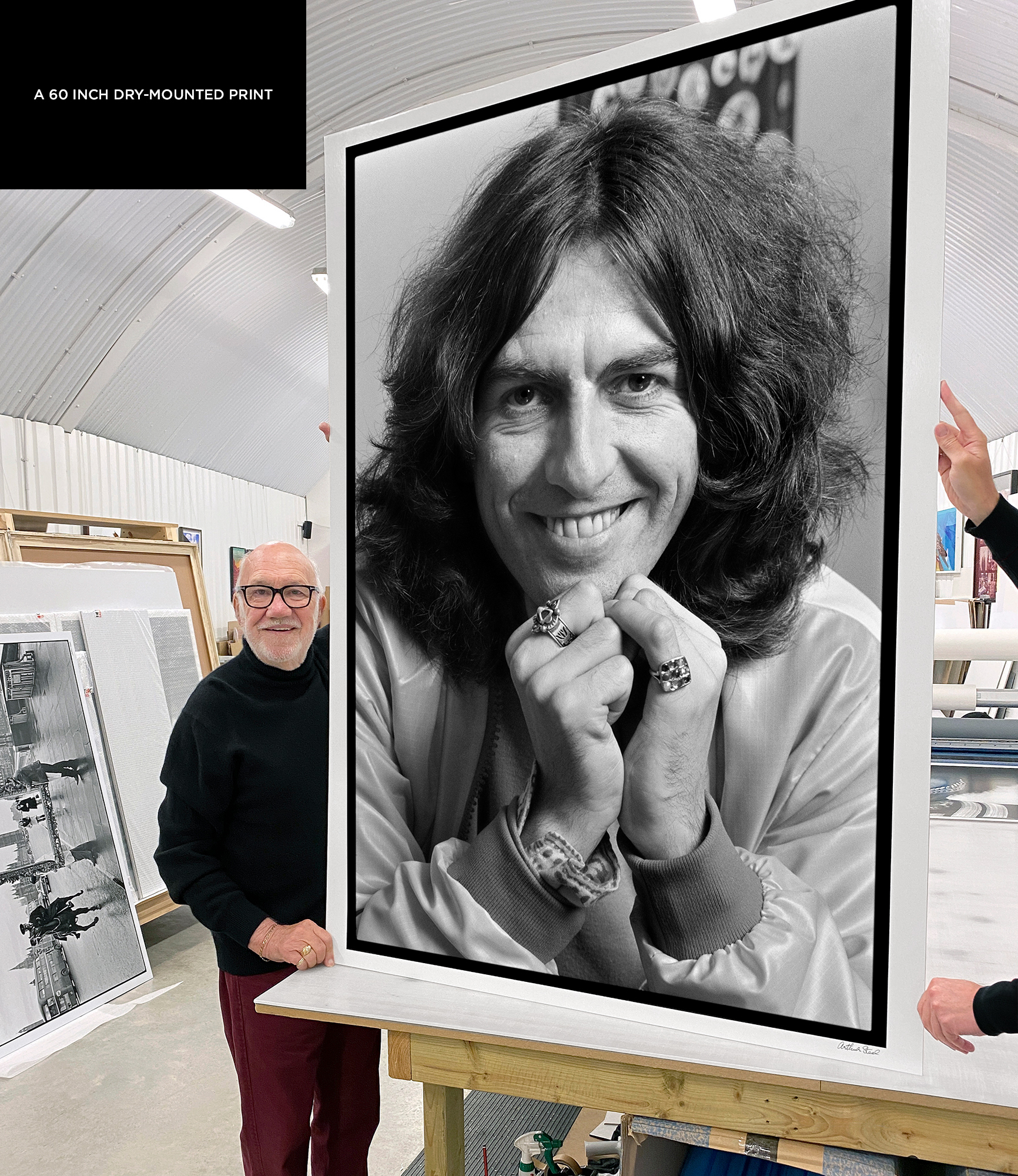
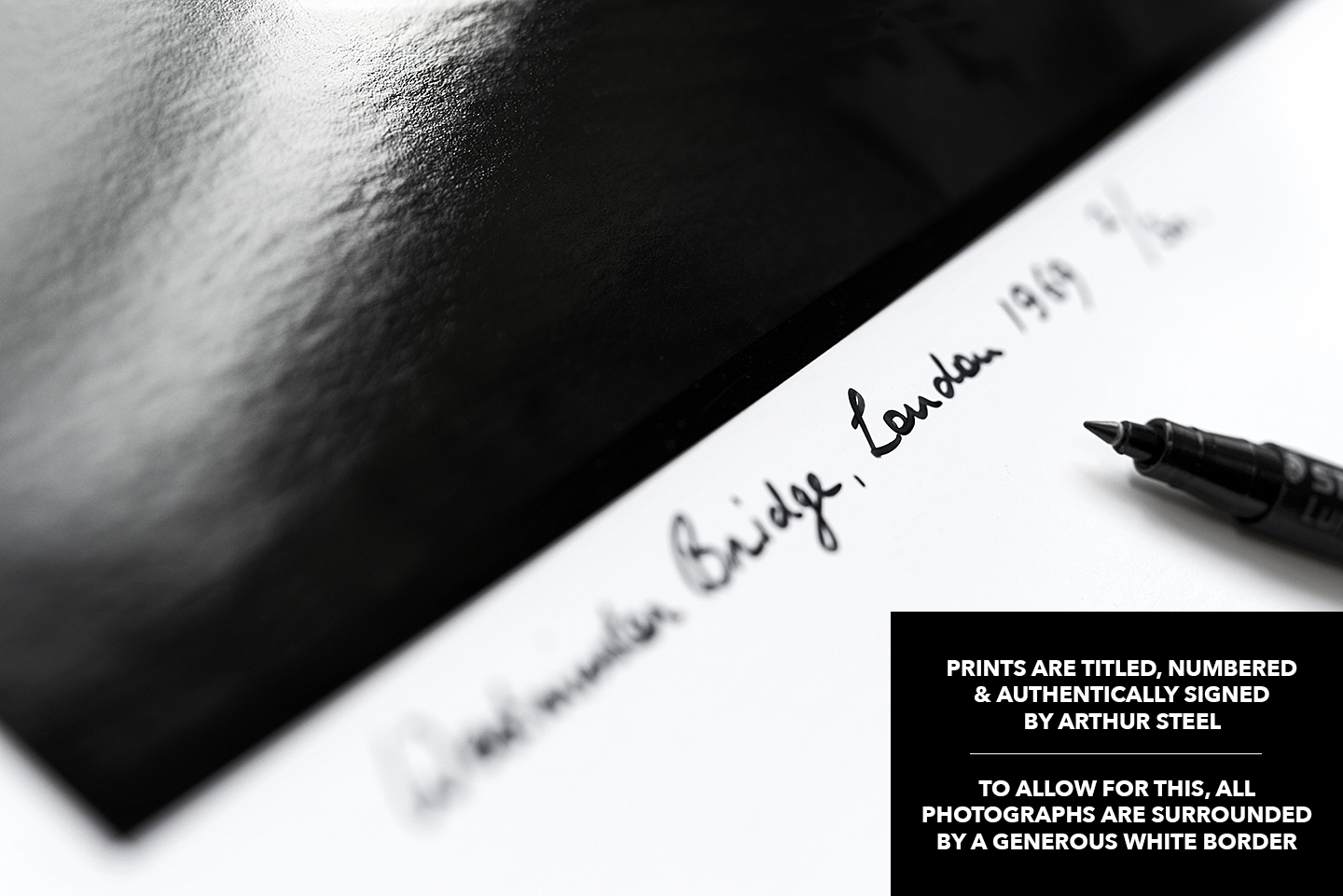
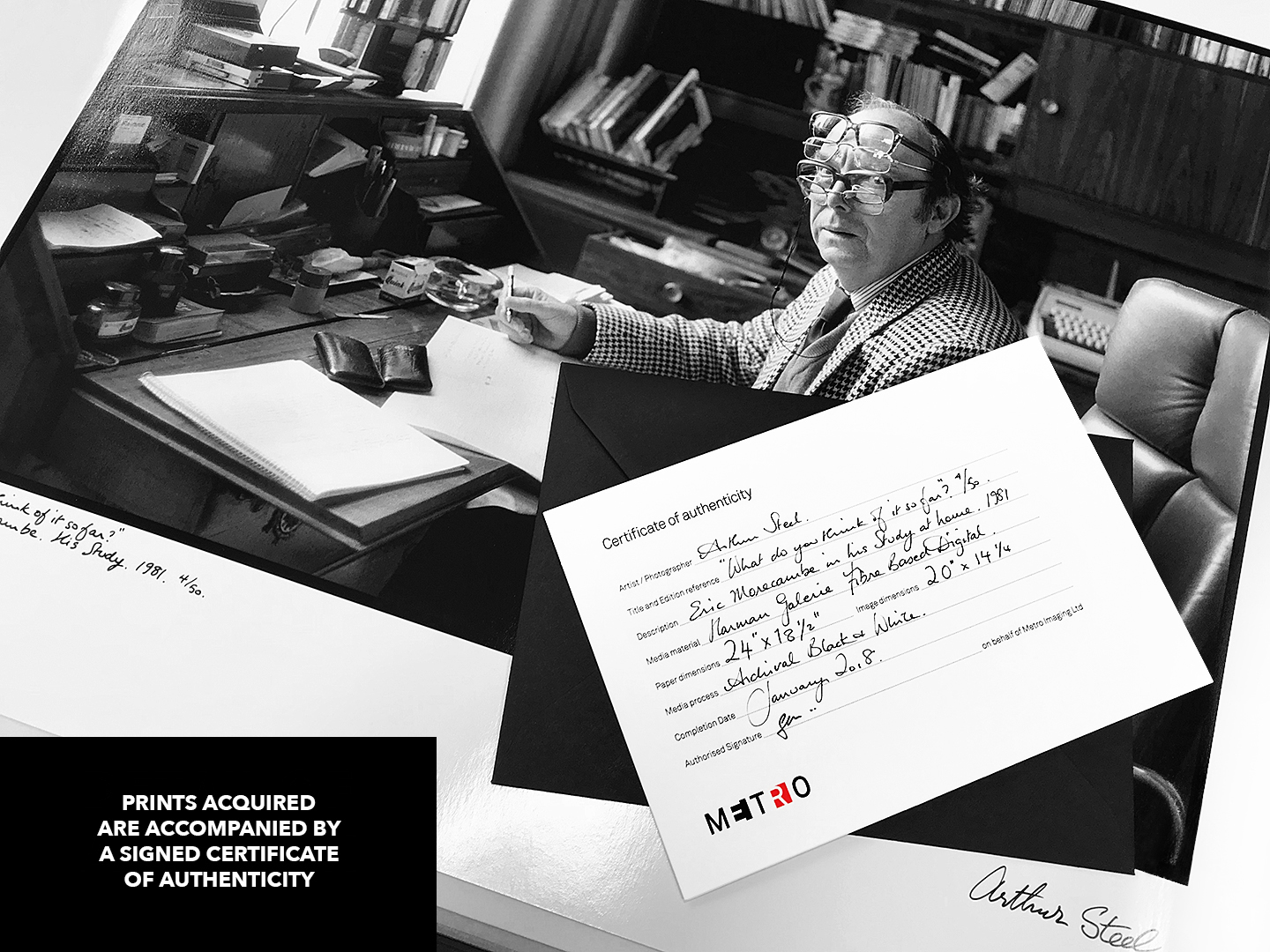
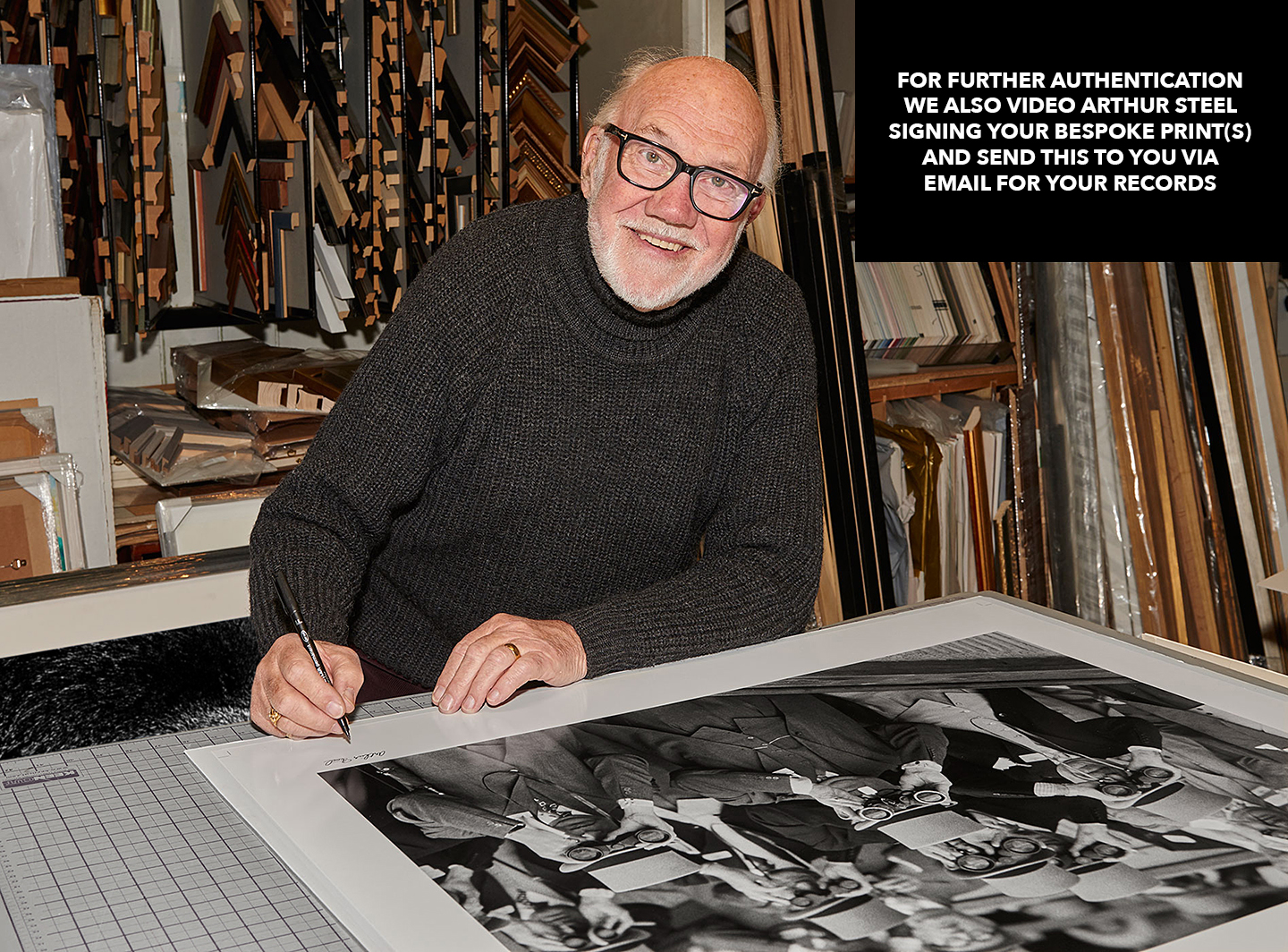
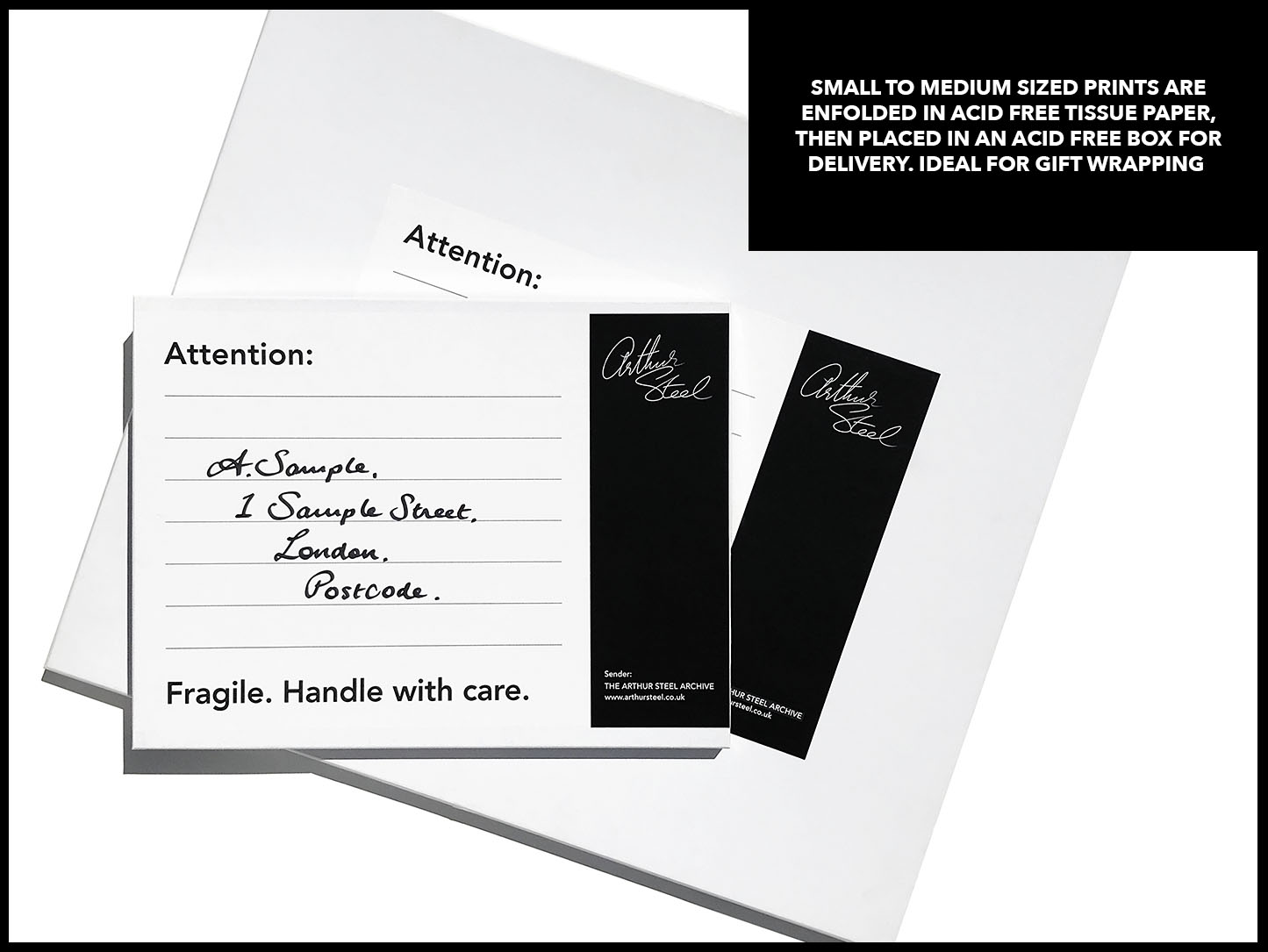
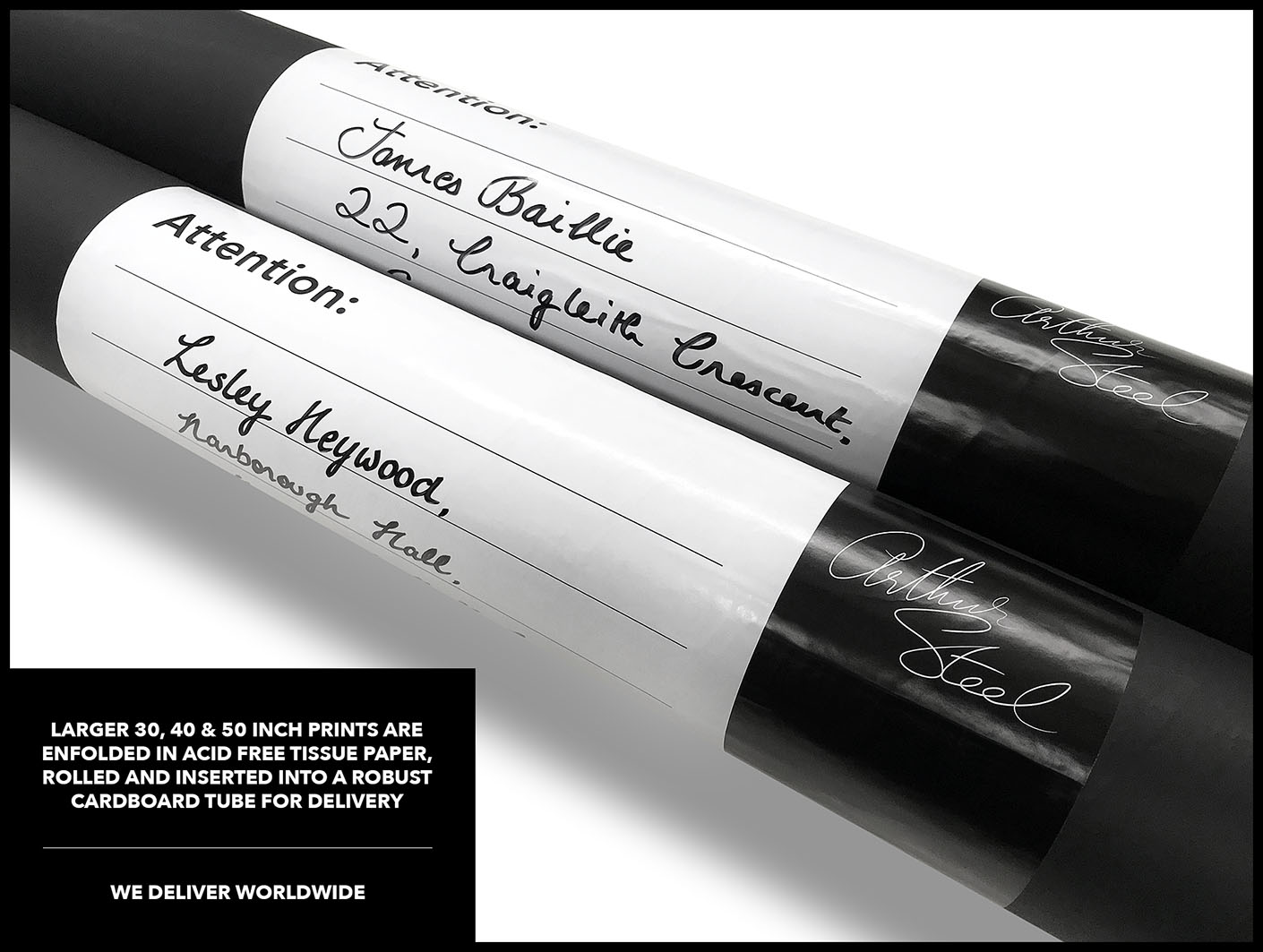
Recent Comments